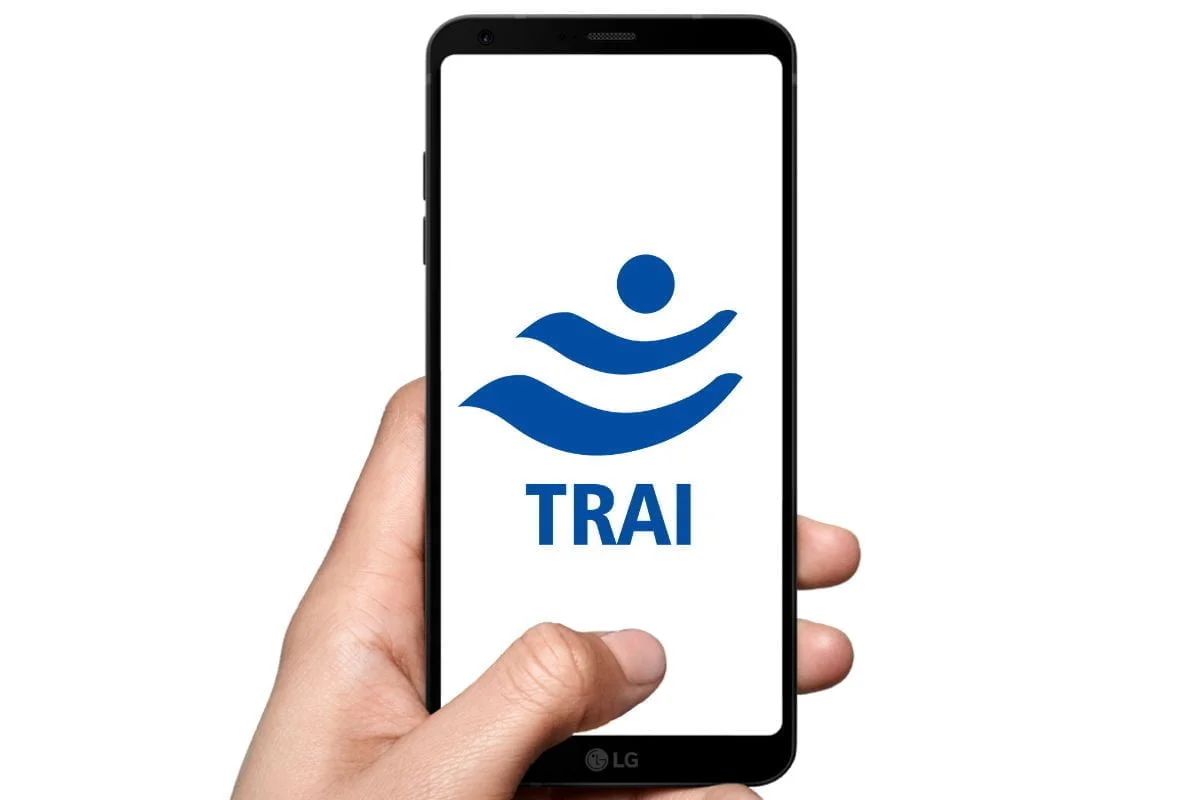
The Telecom Regulatory Authority of India (TRAI) continues its efforts to combat the issue of unsolicited commercial communication (UCC) by introducing new measures. In recent times, TRAI has undertaken initiatives to clean data related to PE Headers and message content templates, as well as tagging variables in the message content. As a continuation of these actions, TRAI has now issued a directive to all Access Providers to develop and deploy the Digital Consent Acquisition (DCA) facility. This platform aims to create a unified process for digitally registering customer consent across all service providers and Principal Entities.
TRAI has allotted a two-month timeline for Access Providers to develop the necessary infrastructure for this facility. Once developed, it will be implemented in a phased manner. This directive falls under TRAI's Telecom Commercial Communication Customer Preference Regulations, 2018 (TCCCPR-2018).
Read More - TRAI to Introduce Rules for Reducing Call Drops and Enhance QoS with 5G: Report
Under the current system, consent is obtained and maintained by various entities such as banks, financial institutions, insurance companies, trading firms, and real estate companies, referred to as Principal Entities (PEs) in the TCCCPR, 2018 Regulations. Due to this fragmented approach, Access Providers cannot verify the authenticity of consent. Additionally, there is no unified system for customers to provide or revoke their consent.
The Digital Consent Acquisition (DCA) process will provide a platform to seek, maintain, and revoke customer consent in accordance with the processes outlined in the TCCCPR, 2018 Regulations. The collected consent data will be shared on the Digital Ledger Platform (DLT) for scrubbing by all Access Providers.
TRAI has directed Access Providers to utilise the common short code 127xxx for sending consent-seeking messages. These messages must clearly state the purpose, scope of consent, and the name of the Principal Entity/Brand. Only whitelisted URLs, APKs, OTT links, and Call Back numbers will be permitted in the consent-seeking messages. Access Providers are also required to develop an SMS/IVR/Online facility to register customer unwillingness to receive any consent-seeking messages from any Principal Entity.
In the initial phase, TRAI has allowed only subscriber-initiated consent acquisition. This step is expected to streamline the consent process and enhance customer control over the communication they receive.
The implementation of the Digital Consent Acquisition (DCA) facility by TRAI demonstrates its commitment to protecting customer preferences and reducing unwanted commercial communication. By establishing a unified platform and process for consent registration, TRAI aims to create a more transparent and efficient communication ecosystem for customers across India.















